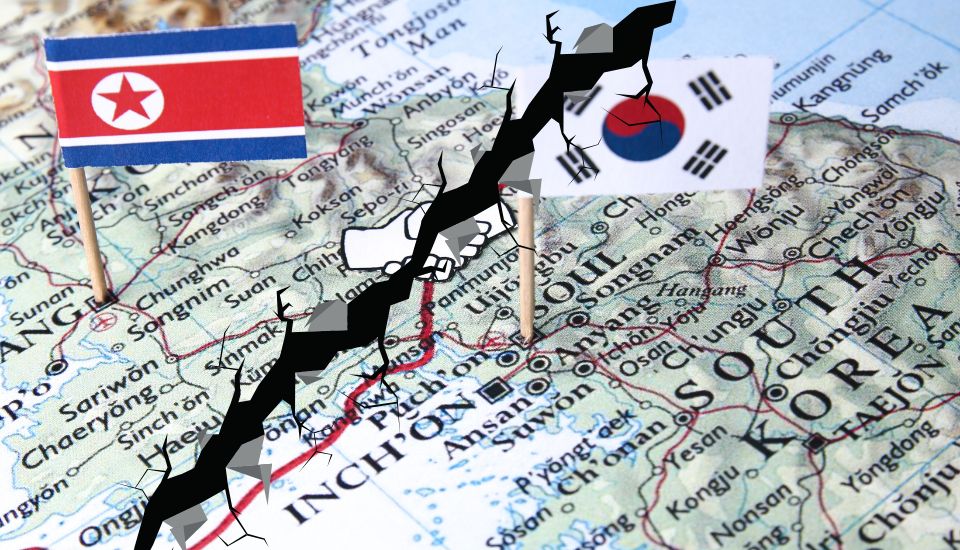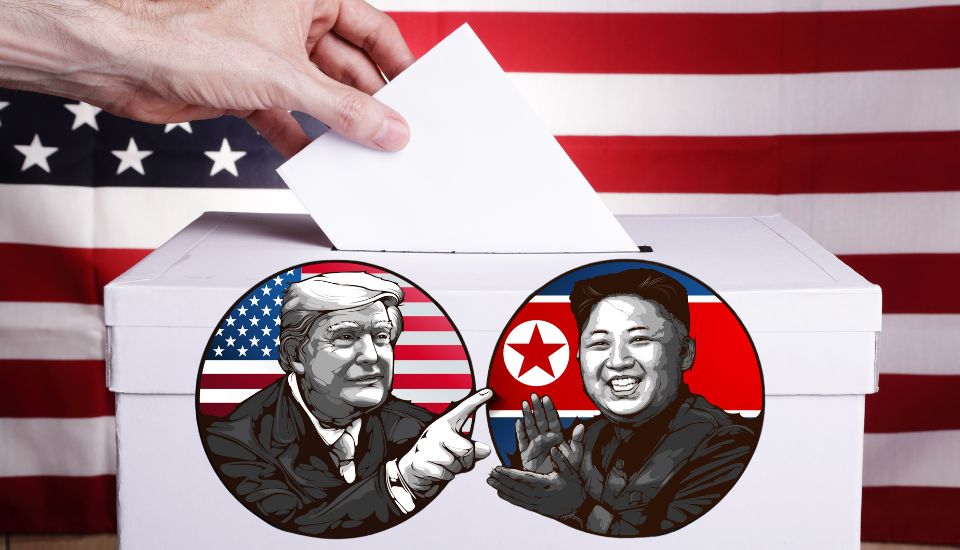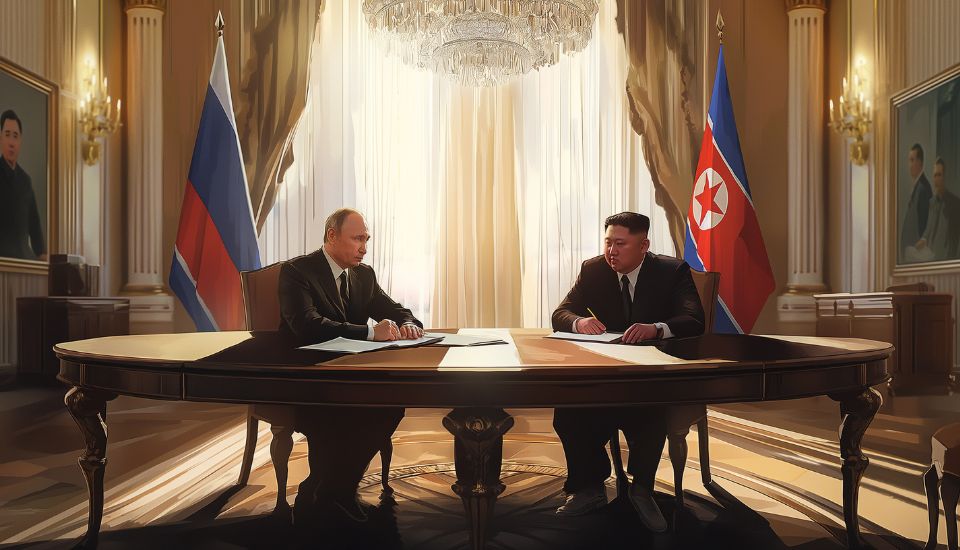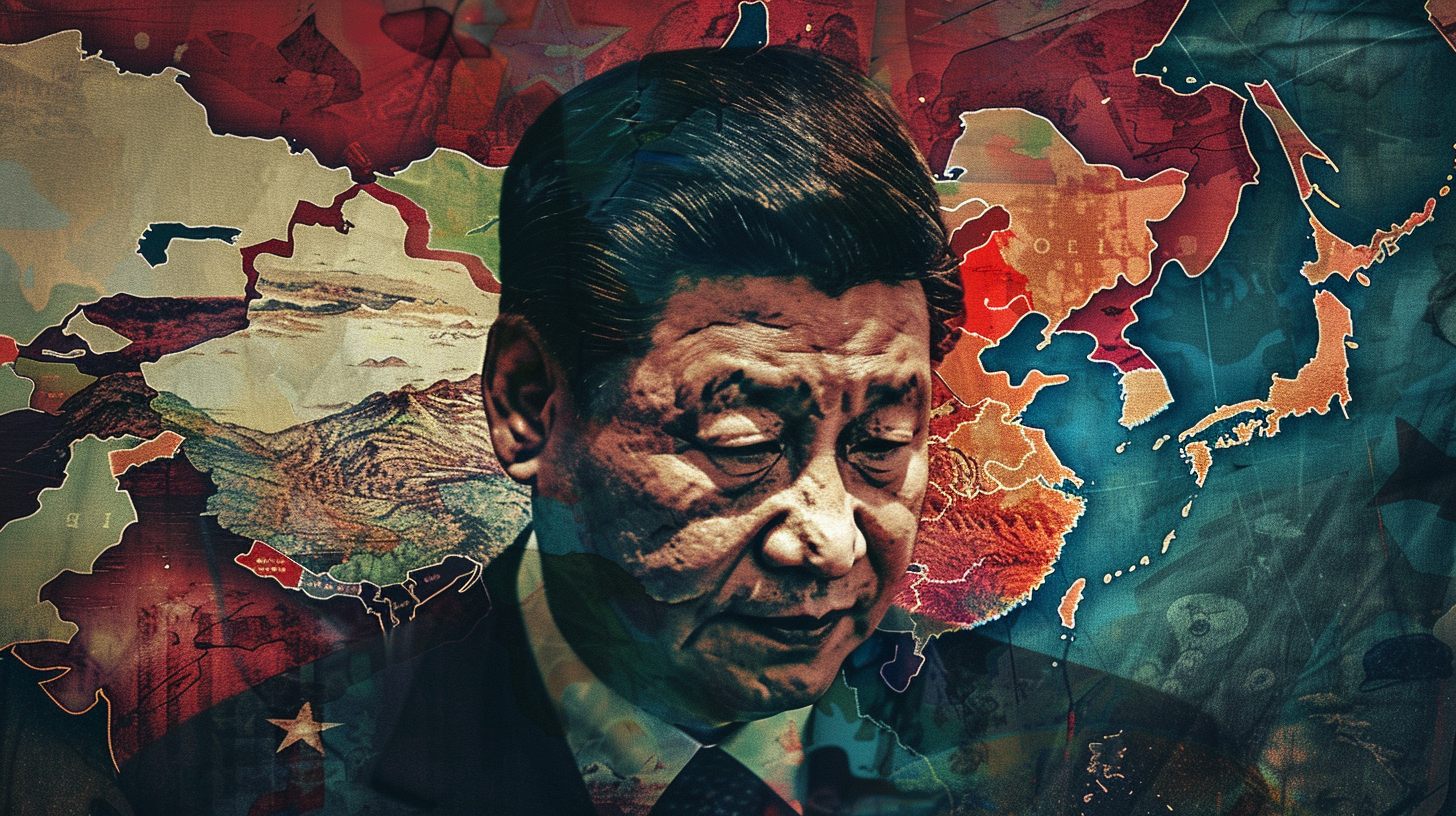
Forsaking Unification: Insights into North Korea’s Policy Shift
Commentary | June 14, 2024
Byung-Yeon KIM
Distinguished Professor, Seoul National University
Byung-yeon Kim, a professor at Seoul National University, asserts that North Korea's decision to abandon the unification agenda is a defensive strategy based on pragmatic assessments of inter-Korean relations, geopolitical dynamics, and its domestic economic crisis. Kim highlights that Kim Jong Un sees limited benefits from South Korea, prefers China and Russia as more reliable partners, and aims to maintain regime stability amid economic hardships. Therefore, he believes South Korea should maintain and improve its existing goal of unification, as North Korea's decision does not indicate a fundamental change in its principles toward inter-Korean relations.
|
Available Downloads |
North Korea (DPRK)'s traditional formula for achieving unification has been a “federation of lower stage” aimed at establishing “One Joson” (Ministry of Unification 2000). In 1991, Kim Il Sung called for a “confederacy based on one nation, one state, two systems and two governments.” Continuing this theme, Kim Jong Un expressed in his 2016 New Year's address that "all fellow countrymen wish … [for] a radical phase opened up in reunifying the country" in accordance with the "three principles" of sovereignty, peace, and national unity. However, during the 9th Enlarged Plenum of 8th Workers’ Party of Korea Central Committee on December 30, 2023, Kim Jong Un announced his decision to cease discussions on unification, characterizing inter-Korean relations as “between two states hostile to each other.”
This reversal prompts the question: Why did Kim Jong Un declare North and South Korea as belligerent states and deviate from his earlier unification agenda? The reasons and implications behind this decision appear to stem from three principal factors: inter-Korean relations, external geopolitical dynamics, and internal pressures. Kim's decision seems to be pragmatic, reflecting a cost-benefit analysis of the current circumstances rather than a fundamental shift in principles.
In terms of inter-Korean relations, North Korea perceives a decline in the potential benefits that South Korea (ROK) could offer. Traditionally, these benefits included economic support and a mediating role in nuclear negotiations. However, during the Moon Jae-in administration, North Korea felt that ROK was unable to provide significant economic assistance or effectively facilitate nuclear dialogues, constrained by international sanctions. This perception has only hardened with the transition to the incumbent Yoon Suk Yeol administration, which has prioritized strengthening ROK-U.S. alliance and enhancing extended deterrence. North Korea interprets these shifts as signals that any expected benefits from South Korea are unlikely to materialize in the foreseeable future, especially amid broader geopolitical transformations.
Meanwhile, the emergence of Russia and China as viable alternatives to South Korea is the external factor in North Korea's shift in unification policy. With expectations of expanded DPRK-China trade and anticipated economic support from China, North Korea finds little reason to rely on South Korea, which has been unable to initiate economic cooperation due to international sanctions. In contrast, China has demonstrated both willingness and capacity to engage economically with North Korea.
Additionally, North Korea's arms transactions with Russia present an unexpectedly advantageous opportunity. Both Russia and China are effectively enhancing North Korea's nuclear capabilities through economic support, directly violating the sanctions regime. This is exemplified by Russia's veto at the United Nations Security Council against extending the mandate of the Panel of Experts assisting the Sanctions Committee on DPRK, with China abstaining from the vote. These actions not only breach sanctions but also signal a protective stance towards North Korea. Given these dynamics, North Korea sees little incentive to maintain its previous approach towards South Korea, especially when Russia and China are ready to play a more significant and reliable role in supporting its strategic and defense objectives.
DPRK views the global order as fundamentally shifting from U.S. dominance towards a multipolar system—a change it regards as permanent. In this evolving landscape, China and Russia are becoming increasingly pivotal, reducing South Korea's strategic significance to North Korea. Should a stable multipolar world become a reality, North Korea believes it could be recognized as a de facto nuclear power without the need for nuclear negotiations with the United States. North Korea anticipates that recognition from China and Russia, along with economic and diplomatic cooperation from their partner countries, will adequately support its goals for ‘simultaneous economic and military development (byungjin).’
Internal pressures are the most significant drivers behind North Korea's policy shift. Domestic challenges have rendered the pursuit of the original unification policy increasingly unsustainable. Since 2016, international sanctions have been imposed on North Korea following its nuclear tests and intercontinental ballistic missile launches. These sanctions, combined with the economic difficulties due to the COVID-19 pandemic from 2020 to 2023, have drastically affected the nation. Public dissatisfaction has risen sharply, and Kim Jong Un's popularity has significantly waned, particularly following the 2019 Hanoi summit that concluded without any meaningful advancements.
To manage the escalating crisis, Kim Jong Un enforced strict measures to control ideologies, suppress market activities, and crack down on South Korean cultural influences. He likely feared that declining public discipline and growing anti-regime sentiment, compounded by economic struggles and his diminishing popularity, could destabilize his regime. Markets, in particular, might have been perceived as hotbeds for capitalist ideas and distribution hubs for K-dramas, which could potentially cultivate pro-South attitudes. To counter these capitalist influences, Kim felt the need to curtail market operations. This approach was highlighted at the 8th Party Congress in 2021, where he stressed the importance of bolstering state-run commerce to "preserve the socialist nature of public catering and welfare service." He introduced measures to revitalize commerce in ways that enhance "people’s life and promote their material well-being," aiming to mitigate the market's impact and strengthen the socialist ideology (KCNA 1/9/2021).
In a concerted effort to eradicate South Korean cultural influence, North Korea passed three laws between 2020 and 2022: the Reactionary Ideology and Culture Rejection Act, the Youth Education Guarantee Act, and the Pyongyang Cultural Language Protection Act. A particularly stringent provision is found in Article 58 of the Pyongyang Cultural Language Protection Act, which addresses the crime of using ‘puppet [South Korean] language.’ It stipulates that anyone caught speaking, writing, sending messages, or exchanging emails in the puppet language, or producing printed materials, video recordings, compilations, pictures, photographs, or scrolls in the puppet language's style, will be sentenced to a minimum of six years of reform through labor. In cases where the severity is deemed high, the punishment escalates to a lifetime sentence of reform through labor or even the death penalty (Daily NK 3/23/2023).
North Korea’s reversal of its unification policy is the logical culmination of a series of increasingly hostile actions towards South Korea. The regime believes its survival depends on rejecting unification and portraying South Korea as an enemy, thereby erasing it from the consciousness of the North Korean populace. In contrast, if South Korea were still viewed as a potential partner in establishing a confederacy, it would be difficult for the regime to rationalize the imposition of such draconian laws to its citizens.
Kim Jong Un's decision to abandon the unification goal appears to be driven by a pragmatic assessment of costs and benefits. He concluded that the advantages he once sought from ROK were no longer attainable and identified alternative partners that could provide similar benefits. Additionally, he recognized that the internal opportunity costs of pursuing a unification under a confederacy had increased significantly. This strategic shift is primarily driven by Kim's paramount objective of maintaining power at all costs. It represents a tactical maneuver, ostensibly offensive but fundamentally defensive, as Kim finds it untenable to maintain any form of association with South Korea.
The South Korean government need not respond to North Korea's defensive shift in its unification approach. Accepting North Korea’s “two Koreas” rhetoric could inadvertently entangle ROK in Kim Jong Un’s tactical scheme. Therefore, South Korea should continue with its original plan that sets unification as the final goal of inter-Korean relations. At the same time, it should revise the unrealistic aspects of the existing plan and make it more future-orienting, so that it can be supported by the Korean people, especially the youth.
References
Daily NK. 2023. “The Pyongyang Cultural Language Protection Act of the Democratic People’s Republic of Korea [unofficial English translation].” January. https://www.dailynk.com/english/daily-nk-obtains-full-text-pyongyang-cultural-language-protection-act/.
Kim, Il Sung. 1991. “For a Free and Peaceful New World: Speech at the Opening Ceremony of the 85th Inter-Parliamentary Conference.” Marxists Internet Archive. April 29. https://www.marxists.org/archive/kim-il-sung/1991/04/29.htm.
Kim, Jong Un. 2016. “Kim Jong Un’s 2016 New Year Address [English translation via Rodong Sinmun].” National Committee on North Korea. https://ncnk.org/node/1814.
Korean Central News Agency (KCNA). 2021. “On Report Made by Supreme Leader Kim Jong Un at 8th Congress of WPK.” January 9. https://kcnawatch.org/newstream/1610155111-665078257/on-report-made-by-supreme-leader-kim-jong-un-at-8th-congress-of-wpk/.
Ministry of Unification. 2000. “South-North Joint Declaration.” United Nations Peacemaker Resources. June 15. https://peacemaker.un.org/sites/peacemaker.un.org/files/KP%20KR_000615_SouthNorth%20Joint%20Declaration.pdf.
Rodong Sinmun. 2023. “Report on 9th Enlarged Plenum of the WPK Central Committee.” December 31. https://kcnawatch.org/newstream/1704027054-512008976/report-on-9th-enlarged-plenum-of-8th-wpk-central-committee/.
■ Byung-Yeon Kim is a Distinguished Professor of Economics at Seoul National University.
■ Typeset by: Jisoo Park, Research Associate
For inquiries: 02 2277 1683 (ext. 208) | jspark@eai.or.kr
Inter-Korean Relations and Unification

Waiting for Trump: North Korea's Interim Cold War 2.0 Strategy
Leif-Eric EASLEY | 11.June.2024

Russia-DPRK Ties after 75th Anniversary of Diplomatic Relations: Hurdles and Opportunities
Seho JANG | 05.June.2024

The Weakest Link: Navigating Beijing's Dilemmas in the China-DPRK-Russia Partnership
Dong Ryul LEE | 31.May.2024
LIST